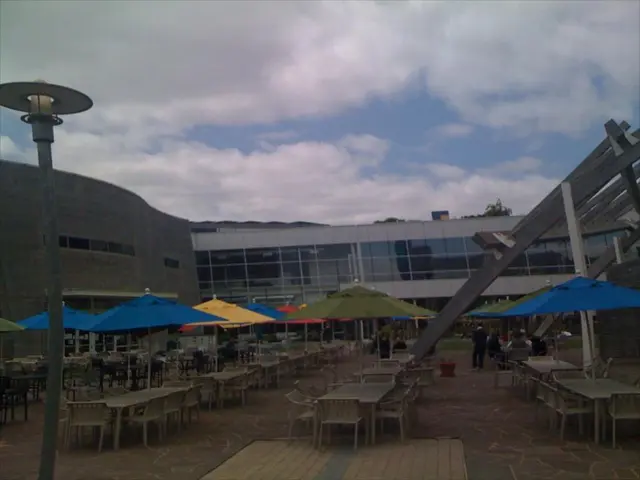Negotiations regarding a ceasefire in Gaza are now centered on the simultaneous release of all captives, according to Netanyahu's subtle indication.
The recent air and ground offensive in Gaza has displaced most of the population, destroyed vast areas, and pushed the territory towards famine. According to the United Nations, 121 adults and 101 children have died of malnutrition-related causes during the war. The situation is critical, with starvation and malnutrition at the highest levels since the conflict began, and five people reportedly dying over the last 24 hours from these causes.
In an attempt to find a resolution, a Hamas delegation arrived in Cairo for ceasefire talks on Tuesday, signaling that efforts have not been abandoned after 22 months of war. However, negotiations remain complex and fragile. Israel continues to prioritize the safe return of its citizens held by Hamas, with some hostages having been released through previous agreements or prisoner exchanges, but several remaining in captivity.
Regarding the release of remaining hostages, Israel's Prime Minister, Benjamin Netanyahu, has stated that he wants all hostages returned, both alive and dead, and that the war will end only when all hostages are returned and Hamas has surrendered. Netanyahu also mentioned that Israel's demands haven't changed, and that even after the war ends, Israel will maintain open-ended security control over the territory.
On the other hand, Hamas has called for a comprehensive deal but will only release the remaining hostages in return for the release of Palestinians imprisoned by Israel, a lasting ceasefire, and an Israeli withdrawal from Gaza. The U.N. and its humanitarian partners are doing everything possible to bring aid into Gaza, but still face significant delays and impediments from Israeli authorities that prevent the delivery of food and other essentials at the scale needed.
The conflict has taken a heavy toll on civilians. The Gaza Health Ministry reports that over 61,400 Palestinians have been killed during the conflict, with around half being women and children. The Gaza Health Ministry, which is part of the Hamas-run government and staffed by medical professionals, is considered the most reliable source on war casualties by the U.N. and independent experts.
In a separate development, the Israeli military claimed to have struck a group of militants in Gaza who were disguised as aid workers and using a car with the logo of the international charity World Central Kitchen. However, World Central Kitchen, which dispatches teams that can quickly provide meals on a mass scale in conflict zones and after natural disasters, confirmed that the men and the vehicle were not affiliated with it and strongly condemned anyone posing as the charity or other humanitarians, as this endangers civilians and aid workers.
As the ceasefire negotiations continue, a comprehensive and lasting peace agreement between Israel and Hamas remains elusive at this time. The deep-rooted political and security concerns continue to impede progress, with a durable resolution addressing core issues such as borders, security guarantees, the status of Gaza, and mutual recognition yet to be achieved.
Read also:
- Massive 8.8 earthquake hits off the coast of Russia's Kamchatka Peninsula, prompting Japan to issue a tsunami alert.
- Court petitions to reverse established decision on same-sex marriage legalization
- Proposed Standardization of Food Labeling Laws Among Member States by the Commission
- Current News: AfD Achieves 26% - Union Dips to Laschet's Level







